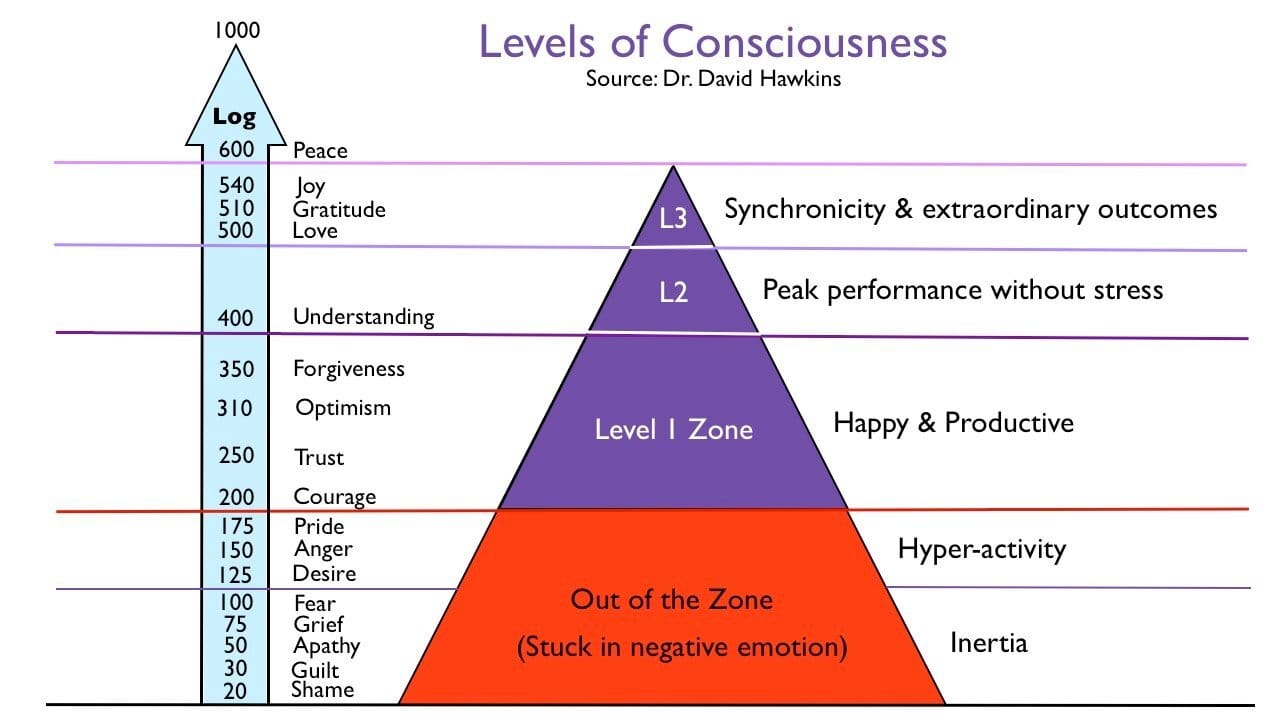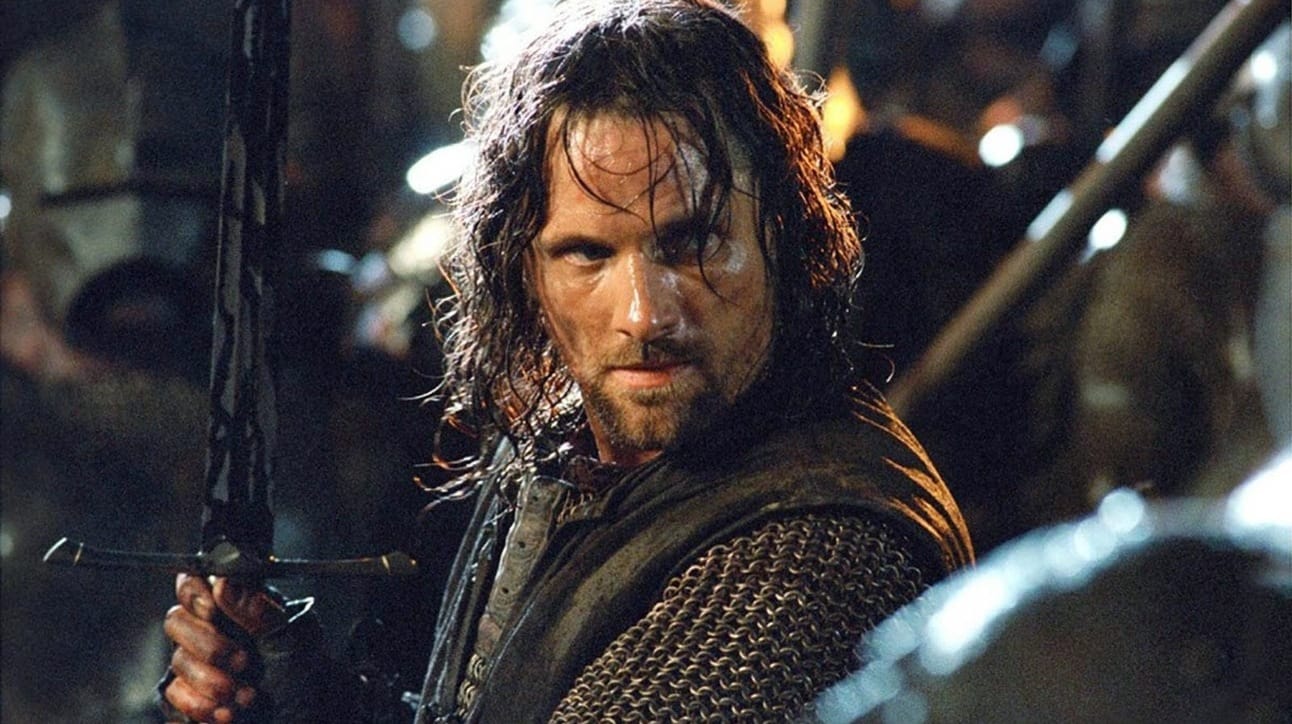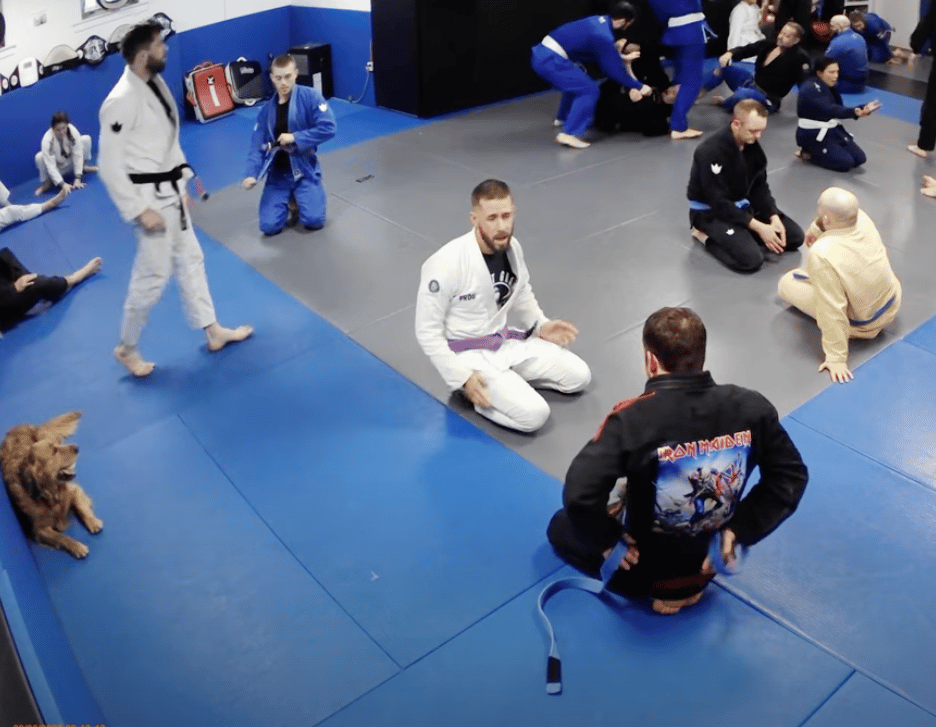Pride on the Mat – the Double-Edged Sword
You step off the mat, victorious, your opponent tapping out to your triangle choke at the regional jiu-jitsu tournament. The crowd cheers, but as you glance at your defeated rival, a flicker of scorn surfaces—pride swells in your chest, yet a hollow unease lingers.
Competitive pride drove you to this win, but it’s a weaker state of consciousness compared to courage, willingness, acceptance, reason, love, joy, or peace.
On David Hawkins’ Map of Consciousness (Fig. 1), pride sits at a low 175, far below the transformative power of higher states like love at 500.
In this newsletter, we’ll unravel the pride paradox—the negative pride of scorn and status versus the power of positive pride’s—through your jiu-jitsu journey, guiding you to transcend ego and find true mastery on and off the mat.

Fig 1 Levels of Consciousness
Positive vs. Negative Pride in Your Jiu-Jitsu
Pride Paradox: Pride is a virtue and a vice.
Pride isn’t one-dimensional—it splits into positive and negative forms, each playing a role in your jiu-jitsu life.
Positive pride hits when you nail a new submission: “I’m proud I tapped him out,” you think, savoring the grind.
Negative pride sneaks in when you sneer, “I’m better than him,” looking down on a “weaker” opponent.
After a win, you feel joy—but scorn for your rival blurs the line. Hawkins’ Map of Consciousness (Fig. 1) ranks pride at 10^175 Hz, a low-vibration survival paradigm rooted in ego, while joy is a soaring at 10^540Hz, a spiritual state of connection.
Negative pride, at 175, isolates you, demanding force to achieve outcomes—it’s you against the world.
Positive pride, close to appreciation (calibrated at 10^530 Hz), taps into the zero-point field, creating potentiality with ease, aligning you with others.
The impact is stark: negative pride builds walls, making every roll a battle for dominance, while positive pride opens you to growth, letting you celebrate your progress and your opponent’s effort without ego’s shadow.

Pride, the Ego’s Last Stronghold
Pride is a subtle emotion, often masquerading as confidence, but it’s a shaky foundation for your jiu-jitsu.
Negative pride whispers, “I’m better,” swelling when you outrank others, feeding your ego with superiority. Positive pride feels lighter—“I’m proud of that armbar”—but even here, ego lurks, craving validation.
Awareness is key: recognizing pride’s dual nature transforms how you approach the mat. When you tap out a white belt, negative pride might make you dismissive, but that feeling hinges on external wins—what happens when you lose?
Pride isn’t stable; the ego’s last stronghold is a house of cards built on others’ perceptions. Hawkins’ Map shows pride at 175, below courage at 200. On the mat, this trap keeps you from learning: you avoid rolling with stronger opponents, fearing a blow to your pride. You claim wins but blame losses on “bad days,” dodging accountability.
Until you see pride for what it is—ego’s final defense—you’re stuck, unable to evolve. Transcending it starts with awareness: notice when pride drives you, and question its source.

Transcending Pride: Why It Matters for Your Jiu-Jitsu
Pride’s low vibration at 175 blocks you from higher states like courage (200) or love (500) on Hawkins’ Map. When you scorn a “weaker” opponent, you’re not just burning bridges—you’re creating rivals, not allies, in a sport that thrives on community.
That negativity isolates you, keeping you in a survival paradigm where every roll feels like a fight for dominance. The goal is to transcend pride, reaching unconditional love (500), where the universe feels supportive, spontaneous, like water.
Imagine rolling—no need to prove yourself, just pure growth. The benefit is a better life: you train with joy, not superiority, building stronger bonds at the gym. Your teammates become partners, not threats, and your inner peace deepens.
Transcending pride doesn’t mean abandoning drive—it means channeling it into higher states, where jiu-jitsu becomes a path to mastery and connection, not just a tally of wins.

Full Metal Bouchard!
The Path Upward: From Pride to Courage and Beyond
Step one is courage, calibrated at 200. You accept losses without resistance—no more “I should’ve won” pride. You forgive yourself and your opponent, seeing both as fractals of consciousness, part of the same whole. This shift frees you from pride.
Step two is reason, at 400. Instead of pride driving your defense—“I’m too good to tap”—you lean on knowledge. You analyze your technique, studying why that black belt swept you, using logic to grow.
Step three is unconditional love, at 500. You move from desire (ego’s “I must win”) to acceptance, seeing jiu-jitsu as a shared journey. Every roll becomes a chance to learn, not dominate. On the mat, this looks like letting go of perfection—you don’t berate yourself for tapping out. You train with faith in your growth, supporting your teammates instead of sizing them up.
Hawkins’ Map shows this path upward: from pride’s 175 to courage, reason, and love, you’re no longer fighting the universe—you’re flowing with it, making jiu-jitsu a practice of connection and peace.

Power vs Force - David R. Hawkins
Conclusion: Enlightenment Through Your Jiu-Jitsu – The Pure Light
Pride traps your ego, but transcending it through courage, reason, and awareness frees you to master jiu-jitsu and life.
Hawkins’ “pure white light” of enlightenment (Fig. 2, inspired by The Matrix’s construct) awaits—you find peace on the mat, seeing unity in every roll.
Reflect on your last session: where did pride hold you back? Did you scorn a partner or cling to a win? Test your emotions—muscle testing shows pride weakens, while courage strengthens.
Aim higher, beyond ego’s 175, to love’s 500. Step onto the mat with joy, not scorn, and watch your jiu-jitsu—and life—transform.

Psychic Energy System

Universal Mind Lattice